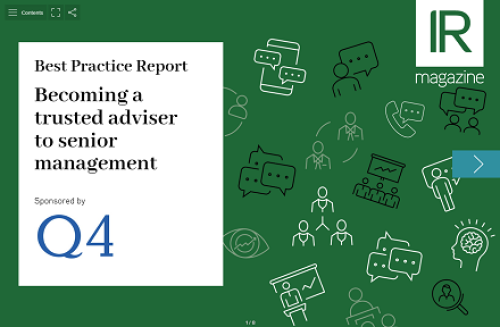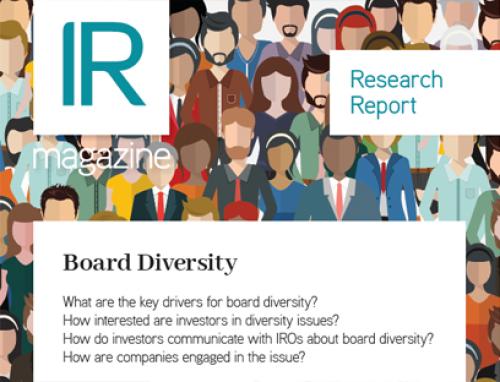In the third and final part of a series of articles exploring IR certification, IR Magazine looks at the work of four IR associations
CIRI: Advancing IR
‘CIRI’s Certification Program and Certified Professional in Investor Relations (CPIR) designation establishes a standard of skills and knowledge for IROs, thereby advancing the stature of the IR profession overall,’ says Yvette Lokker, CIRI president and CEO.
CIRI ensures the Certification Program and CPIR exam cover all of the relevant areas of this multi-disciplinary role, including accounting, finance, capital markets, securities law, corporate
You need to register to access 3 free deep dive articles per month. To continue reading please register or login below..
- Unlimited deep dives
- Data-driven research around key topics
- Buy-side insights
- Benchmarking reports
From
$1495










